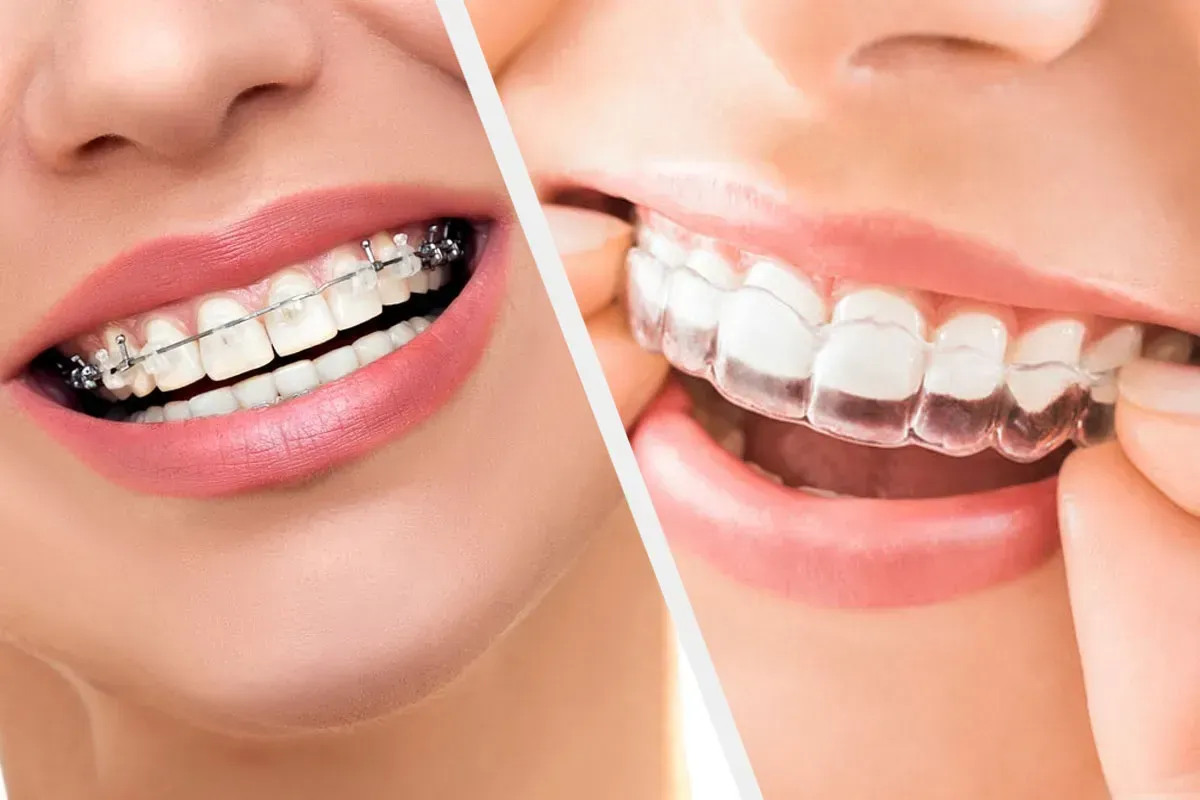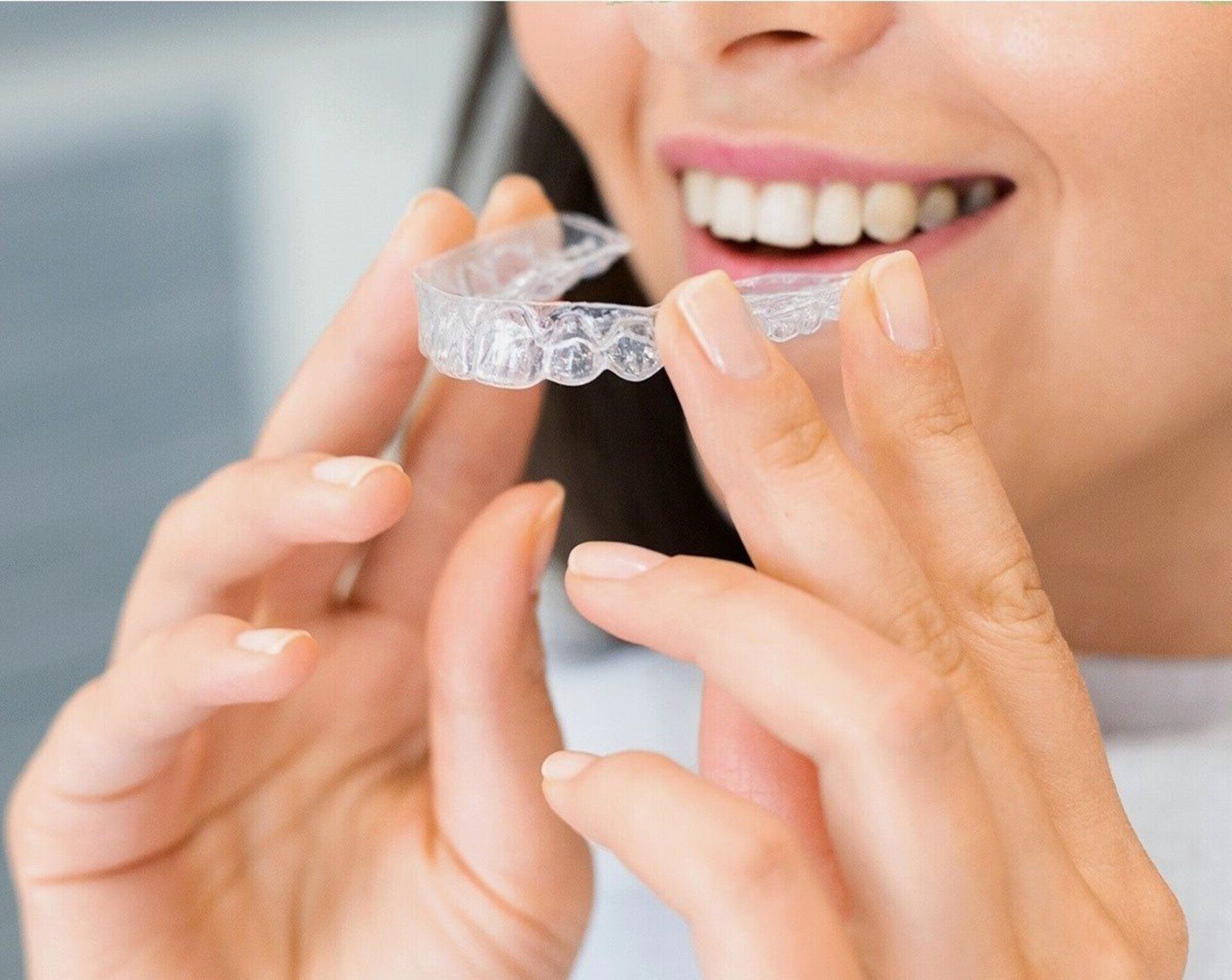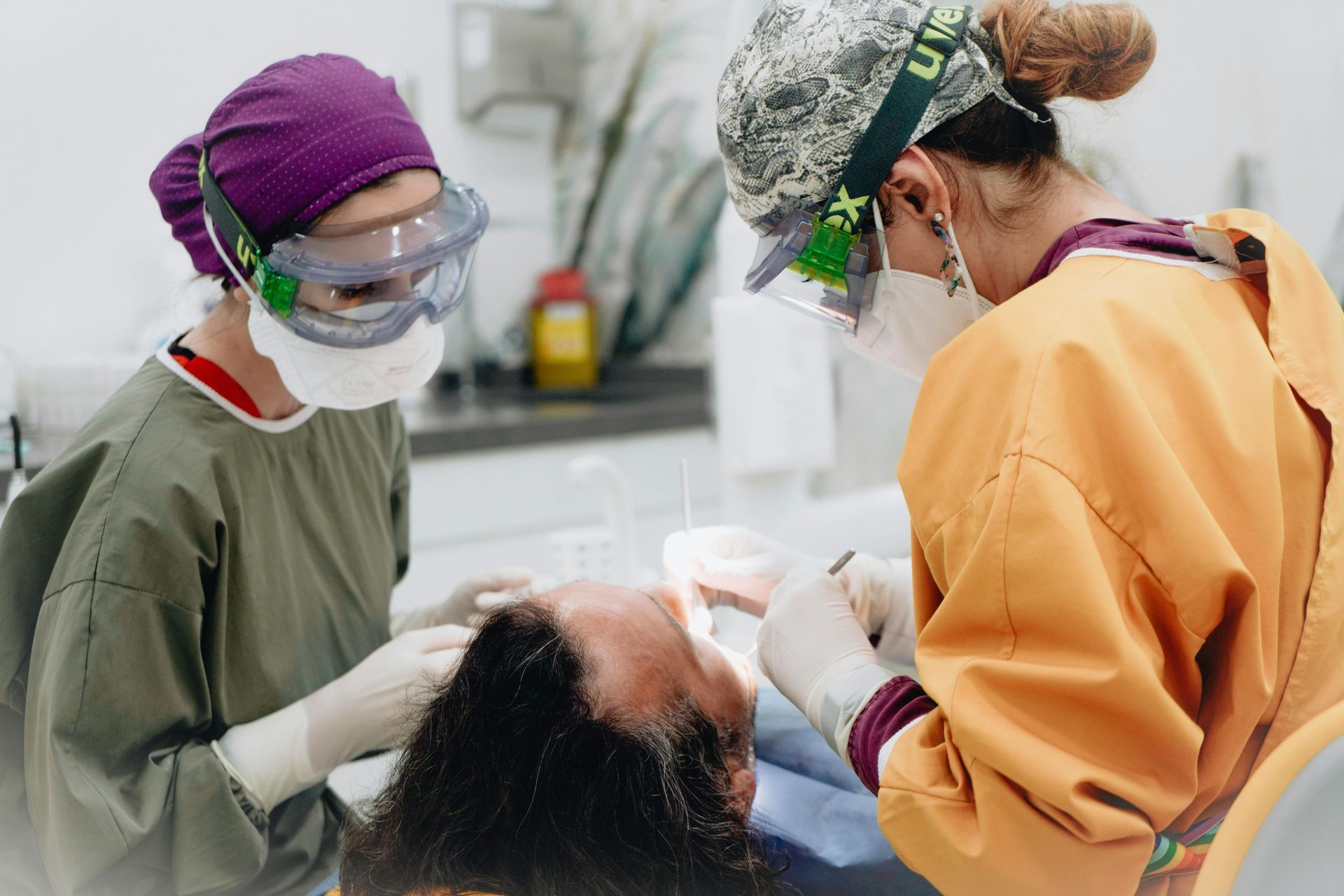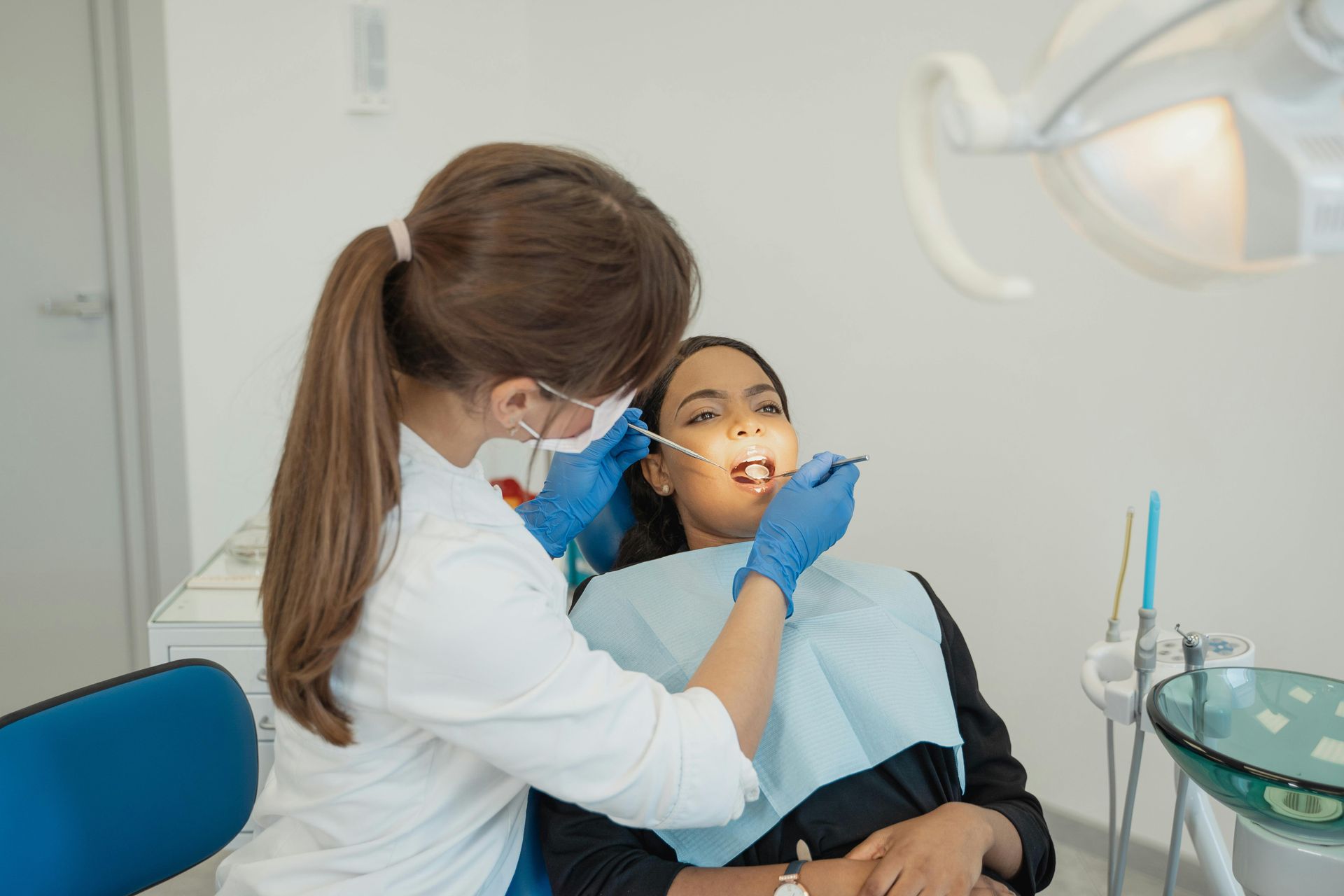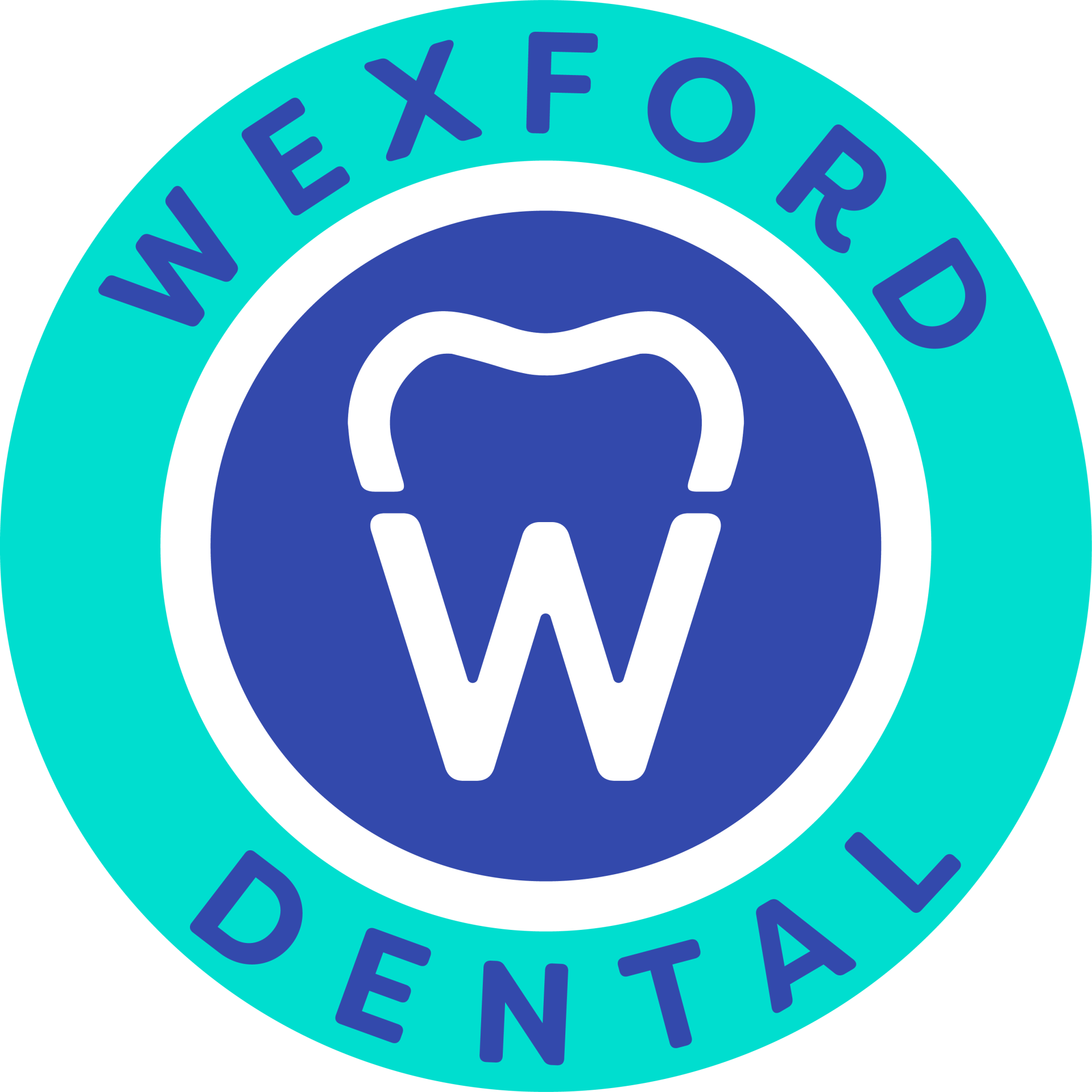1967 Lawrence Ave E, Unit 4, Scarborough, ON M1R 2Z2 | 647-955-3235
Maintain Your Smile: Essential Oral Health Tips for Older Adults
The Importance of Senior Dental Care: A Brief Overview
A smile never ages, but the teeth within may tell a different story as the years wear on. As we enter our senior years, our bodies undergo numerous changes, and our dental health is no exception. With age, the significance of maintaining good oral hygiene intensifies, not only for our comfort but also for our overall well-being.
Dental care for seniors is crucial as it directly impacts their overall health and quality of life. With age, oral health issues like gum disease, tooth decay, and tooth loss become more prevalent. These conditions can lead to pain, difficulty in eating, and poor nutrition. Moreover, oral infections can exacerbate systemic conditions such as diabetes and heart disease, which are common among the elderly.
Ensuring seniors have access to preventive services, such as regular dental check-ups, can help detect problems like gum conditions or abnormal tissue growth early on.
Common Dental Concerns for Seniors
When discussing common dental concerns that affect seniors, several conditions stand at the forefront. Firstly, gum disease, an infection of the tissues that support teeth, is particularly prevalent and can lead to tooth loss if left untreated. Seniors are also prone to experiencing dry mouth, which not only causes discomfort but can increase the risk of cavity formation and infection.
Partial or complete tooth loss is not uncommon among seniors, often necessitating the provision of dental prosthetics like dentures or implants. For those retaining their natural teeth, the incidence of root decay rises - a scenario where the roots of teeth become exposed and more vulnerable to decay due to receding gums. Moreover, oral cancer rates tend to increase with age, highlighting the necessity for regular screenings.
- Gum Disease: An infection that if untreated can lead to tooth loss
- Dry Mouth: A decrease in saliva, often caused by medications, increasing the risk for decay
- Tooth Loss: Can lead to the need for dentures or implants
- Root Decay: Occurs as gums recede, exposing the tooth root to decay
- Oral Cancer: Incidence increases with age, making screenings critical
The Impact of Age on Oral Health
As individuals age, their bodies undergo various changes, and their oral health is no exception. Over time, the wear and tear on teeth can lead to enamel loss, making them more susceptible to decay and sensitivity. Additionally, a lifetime of oral habits, such as smoking or grinding teeth, can exacerbate these issues. Seniors might also experience a decrease in saliva production due to medications or medical conditions, which can contribute to dry mouth, further risking decay and gum disease.
Moreover, long-term exposure to certain foods and drinks can stain and weaken teeth. Seniors may find that previously minor dental concerns escalate into significant problems if not appropriately managed. Given the vital link between oral health and overall well-being, addressing these age-related changes becomes increasingly crucial.
The Importance of Regular Dental Check-ups
For seniors, regular dental check-ups are not just important; they are essential to maintaining good oral health and, by extension, good general health. These check-ups provide an opportunity for dentists to detect early signs of problems such as cavities, gum conditions, or abnormal tissue that could indicate oral cancer. Early detection typically results in more straightforward, less invasive treatments and a greater chance of a favorable outcome.
For optimal oral health, seniors should ideally arrange dental check-ups every six months, though their dental provider might suggest a different frequency based on individual health needs and risk factors. Keeping these appointments is a proactive step seniors can take to safeguard their smiles and overall health.
- Dental Providers should be consulted bi-annually.
- Check-ups allow for the early detection of oral health issues.
- Professional cleaning prevents plaque build-up, which can cause gum disease.
- Dentists can monitor the efficacy of treatments and dental appliances during visits.
Tips for Maintaining Good Oral Health as a Senior
Maintaining good oral health is crucial for seniors, not just for comfort and functionality, but also because it can significantly impact overall health. As we age, we may face unique dental challenges such as dry mouth, wear and tear of enamel, or gum recession. Here are some essential tips for seniors to keep their mouths healthy:
- Regular Dental Check-ups: Schedule regular visits to the dental provider for examinations and professional cleanings. This will help detect any issues early on.
- Brush and Floss Daily: Use a soft toothbrush, fluoride toothpaste, and floss every day to prevent gum disease and tooth decay.
- Stay Hydrated: Drinking plenty of water can help alleviate dry mouth, a common condition among seniors that can lead to tooth decay.
- Quit Smoking: Tobacco use is a risk factor for many dental issues, including gum disease and oral cancer.
- Care for Dentures: If you have dentures, clean them daily and ensure they fit properly to avoid sores and infections.
Daily Oral Hygiene Practices
Regular oral hygiene is the cornerstone of dental health at any age. For seniors, the following practices are recommended:
- Brush at least twice a day with fluoride toothpaste, using a brush with soft bristles to protect gums and enamel.
- Floss at least once a day to remove plaque from areas your toothbrush can't reach.
- Consider an antibacterial mouthwash to reduce bacteria that can cause plaque and gum disease.
- If you wear a dental prosthetic, such as partial dentures, clean it according to the instructions provided by your dental provider.
Diet and Nutrition Tips for Good Oral Health
What you eat significantly affects oral health. To keep teeth and gums strong:
- Eat a balanced diet rich in vitamins and minerals, especially calcium and vitamin D to support oral health.
- Limit sugary snacks and beverages, as sugar can contribute to tooth decay.
- Drink tap water if it’s fluoridated; this can help prevent tooth decay.
- Eat fibrous foods like fruits and vegetables, which help clean teeth and stimulate saliva production.
Recognizing Warning Signs of Oral Health Problems
As we age, the risk of developing dental problems increases. It's important for seniors to recognize warning signs and seek prompt dental care. Warning signs include:
- Toothache or tooth sensitivity
- Red, swollen, or tender gums that bleed during brushing or flossing
- Persistent bad breath or a bad taste in the mouth
- Loose or separating teeth
- Changes in the way dentures fit
- White spots on the teeth or abnormal tissue in the mouth
If you experience any of these signs, contact your dental provider to schedule an appointment.
When to Seek Immediate Dental Care
Immediate dental care is necessary to address severe issues that could worsize if left untreated. Seek immediate care if you experience:
- Severe tooth or jaw pain that does not subside
- Injury to the teeth or gums
- Broken teeth or lost fillings
- Swelling in the mouth or facial area
- Signs of infection, like fever or swelling
Keep in mind that some dental services, such as endodontic and periodontal services, directly address these kinds of issues and are critical in preventing further complications. If you're unsure whether a situation is an emergency, it's better to consult with your dental office for advice.
At Wexford Dental we offer only what you need dentistry in Scarborough. Call us today at 416-222-82-96 for a general review to discuss the best procedure for you.
Tel: 647-955-3235
Fax: 647-955-3235
Email: hello@wexdental.ca
Address: 1967 Lawrence Ave E
Unit 4, Scarborough, ON M1R 2Z2




